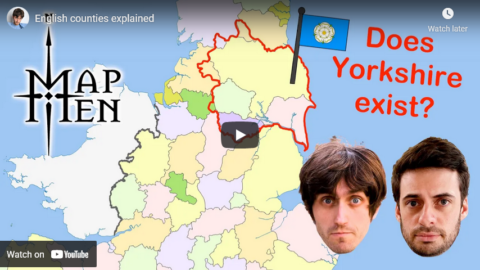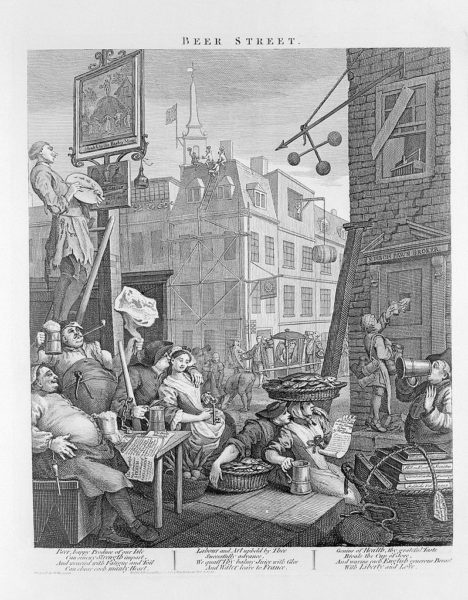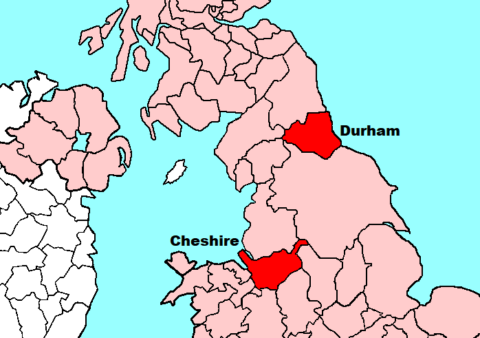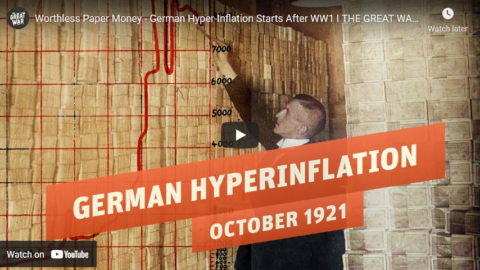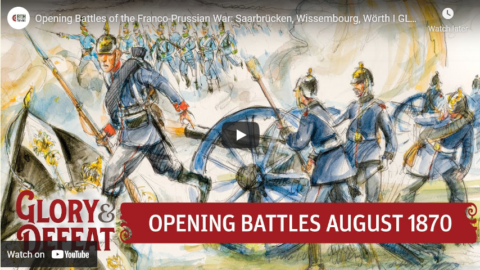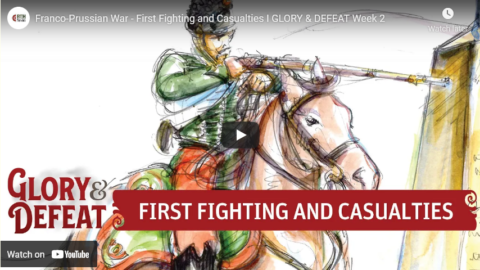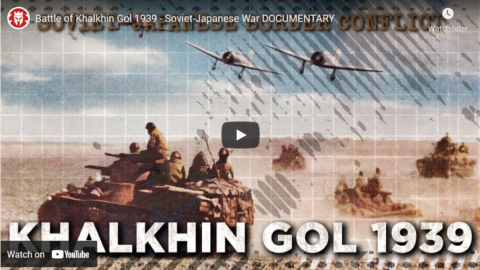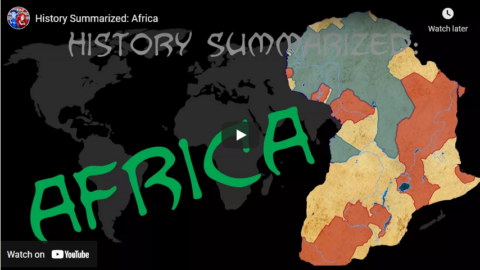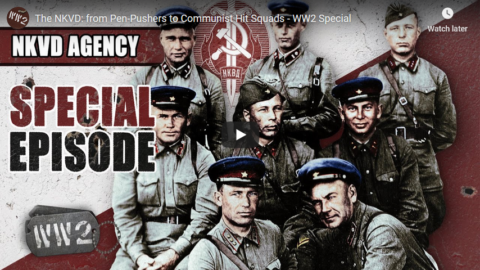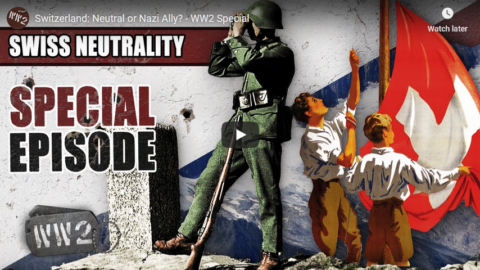First up, David Warren has a few “little truths” to share:
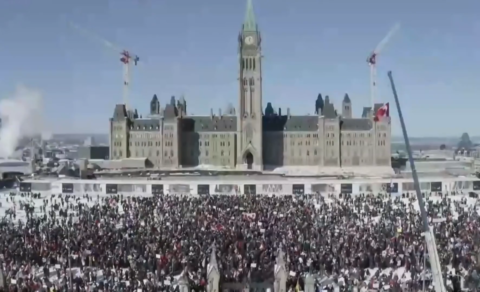
A screenshot from a YouTube video showing the protest in front of Parliament in Ottawa on 30 January, 2022.
Photo via Wikimedia Commons.
My mind is in Ottawa, and all other places in Canada and abroad where people are struggling to get their lives back — now, before they die. These people are overwhelmingly the self-employed, and workers in small businesses: such as truck drivers, who bought their own rigs. They have consistently been made to pay in many ways for government lockdown measures, and are generally despised by the “laptop class”, who cannot lose their jobs, and work from home.
Few people in the Big City (which includes Toronto and Ottawa) have ever met a trucker, or would think of chatting with him. They may patronize small “boutique” operations, for conspicuous consumption. But Amazon drivers deliver their regular goods, and their services, too, are mostly dialled up.
True, the Batflu has sometimes interfered with their holiday bookings, so I must add, boo hoo.
A Rasmussen report on public opinion recently showed that in America, three-quarters of Democrats supported vaccine mandates, more than half thought those who refuse should be fined, and almost half would give them gaol sentences. Nearly a third thought the “vaccine hesitant” should have their children taken away. As Californicators, and the inhabitants of most urban constituencies, seldom have children, this can be received with rolling eyeballs. For luckily, there are Republicans in the more rural places, whose votes are sometimes counted.
Ottawa (outside “the Valley”) offers a caricature of this point of view. I recall my days as a columnist, published in the Ottawa Citizen. (Eventually, I was deleted.) To walk downtown was to invite verbal assaults by those who recognized my mug in the paper. Some were actually friendly, and said hiya. But I was often called a fascist, or something else obscene, by people who didn’t notice I was human. “Are you David Warren?” the grim inquiry would come. I tried to counter it with some jest. (“It depends: do you like David Warren?”) This might cause my assailant great pain. (Humour is violence, as every Leftist knows.) But it was tiresome for both of us.
One may check election results from the middle of that town, to learn that a large majority of its inhabitants vote Liberal, in the manner of zombies. One thinks of The Invasion of the Body Snatchers.
Rex Murphy (paywalled, unfortunately, so no link) suggests that things are desperate within the imperial capital thanks to the ravaging barbarians beseiging Caesar Justin:
How deep is the terror in our once cozy capital? I am told there are certain fine bakeries in Ottawa where it is no longer possible to get a fresh croissant. There are advisories warning about heading out alone to go to yoga classes. And there are rumours that DoorDash delivery from the better Italian restaurants can take over an hour. It is a horror, a scene too grim for the human mind to grasp, or the human heart to bear. In occupied Ottawa, you may, unasked, be offered soup. Where is the United Nations? Is the Security Council asleep?
Not to despair completely, however, as Canadians know that when the politicians fail, the police stand idle and the military are still, they have the Ottawa press gallery.
It is they who alerted us to the Confederate flag guy. The tribunes of the CBC have been all over him. There’s hardly been a report without the mention of a Confederate flag at the protest. Mention of the wildly more numerous Canadian flags have been wisely subdued.
The national press have been unmatched in getting the word out on what the brigands and racists and misogynists and white supremacists and yobs and Islamophobes and louts have inflicted on our national capital. With strong earplugs and stouter hearts, they have braved the chaos, enduring “taunts”. They shuffled past parked transport trucks, some of them with Alberta drivers in the cabs!
But the real glory belongs further up. The fact that Canada is, for the moment at least, still functioning as a country is a miracle due to the steel will and captivating oratory of our resolute prime minister. Much like England in those tenebrous days of 1939, our country has found its Churchillian voice.
In the free exerpt from his Weekly Dish newsletter, Andrew Sullivan admits that despite acquiring deep knowledge and understanding of Canadian culture from the invaluable South Park, he did not see the truckers’ protest coming:
To be honest, I didn’t quite see the Canadian truckers coming. I’ve watched a lot of Canada coverage over the years (mainly via South Park, I concede) and the whole anti-vaxxer, campfire-burning, horn-tooting, macho revolt among our gentle neighbors to the north nonetheless took me by surprise.
Rob Ford was a harbinger, I guess. It’s as if the ancient, manly, lumberjacky Canadian id was finally roused from its cultural slumber by a soy-boy prime minister, forcing truckers to take a jab or forfeit their livelihood. And some reports suggest that the vaccine issue seems just the proximate trigger for the rage, and not the real source — a rage which has been steadily building for some time, especially in the pandemic, in the most progressive-left country on the planet.
And there’s something very blue-collar male about this populist anger. Trump, of course, identified the testosterone tribe he helped define and rally:
I can tell you I have the support of the police, the support of the military, the support of the Bikers for Trump — I have the tough people, but they don’t play it tough — until they go to a certain point, and then it would be very bad, very bad.
You can see similar “tough people” fault-lines in the other recent Covid contretemps involving Joe Rogan. The millions of men (71 percent male, and evenly split between high school and college grads) who listen to Rogan’s legendary podcast have rallied to him, even as the media establishment has been waging a fully-flexed campaign against him and some of his Covid coverage. There’s something about masking — chin-diapers — and mandating vaccines, and vaccines themselves, that some men seem to find feminizing.



